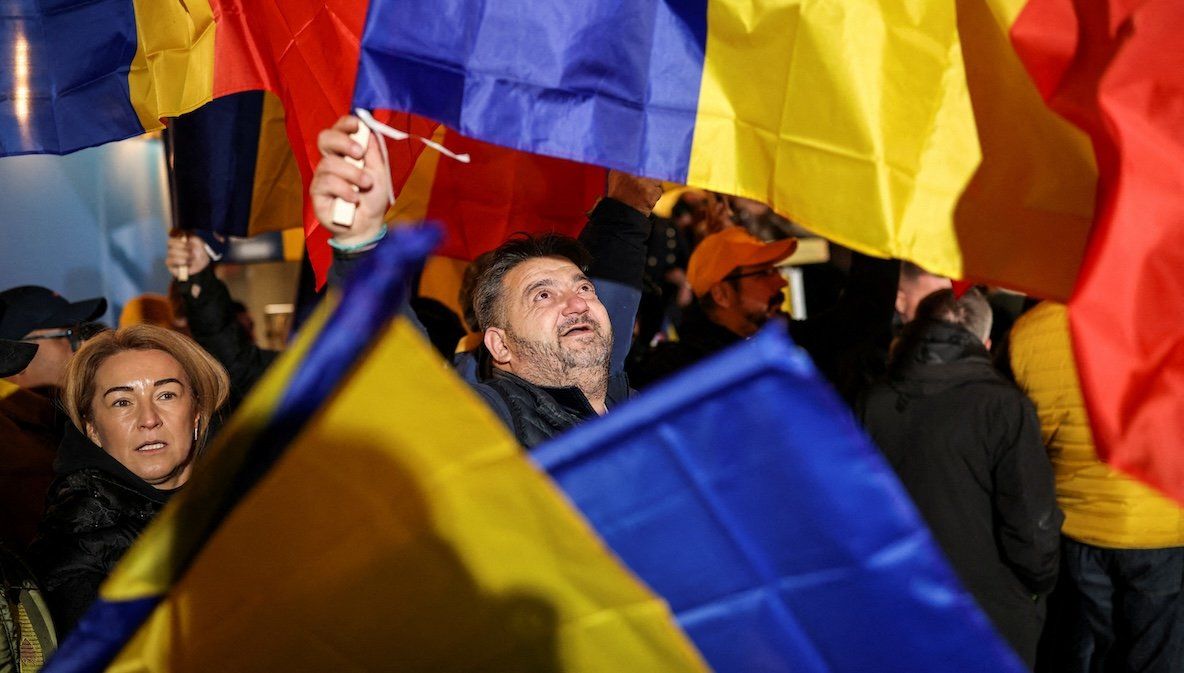Romania’s leftist and centrist parties
declared victory Monday following Sunday’s election as the ruling Social Democrat party, or PSD, secured 22.4% of the vote. The far right also saw increased support, with the Alliance for Uniting Romanians winning 18.2%, double its 2020 support. Pro-western parties are now expected to form a coalition, which PSD
Vice President Victor Negrescu pledged “will continue Romania's European course.”
However, the country still needs to hold a crucial presidential runoff on Dec. 8 – following first-round results from Nov. 24. Afterthe surprise first-place finish of populist candidate Calin Georgescu – an ally of Russian President Vladimir Putin – Romania’s Constitutional Court ordered a recount amid accusations of electoral interference by Moscow andTikTok, throwing the election in doubt.
On Monday, however, the court
unanimously upheld the first-round result. Georgescu now faces center-right contender
Elena Lasconi. If he wins, it could strain relations with Brussels and weaken support for Ukraine – which Georgescu has
called “an invented state” – while a Lasconi win would reinforce Romania’s pro-EU position. While the prime minister is the head of government,
the president has key decision-making powers in national security and foreign policy matters and nominates prime ministerial appointments, with the power to dissolve parliament if their choices are twice rejected.
